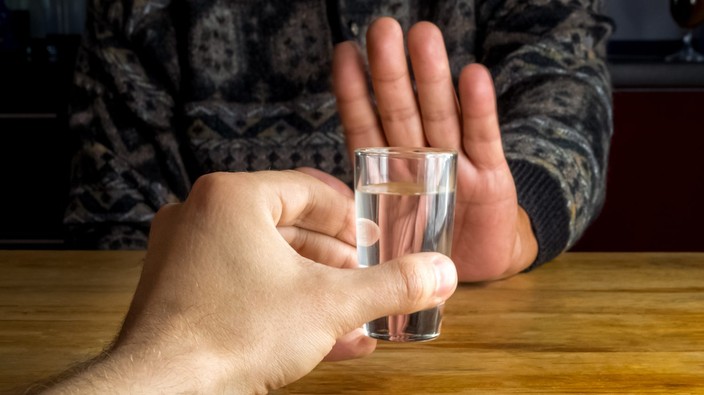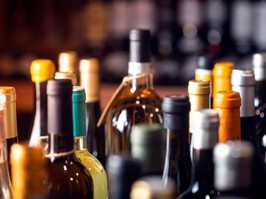the guy who made up 'blue monday' hopes people don't take it seriously
the 'saddest day of the year' was part of a marketing plan for a now-defunct travel company.
alcohol causes only one out of 100 types of liver disease
wayne aelick developed ulcerative colitis which damaged his liver so badly he required a liver transplant.
 4 minute read
4 minute read








